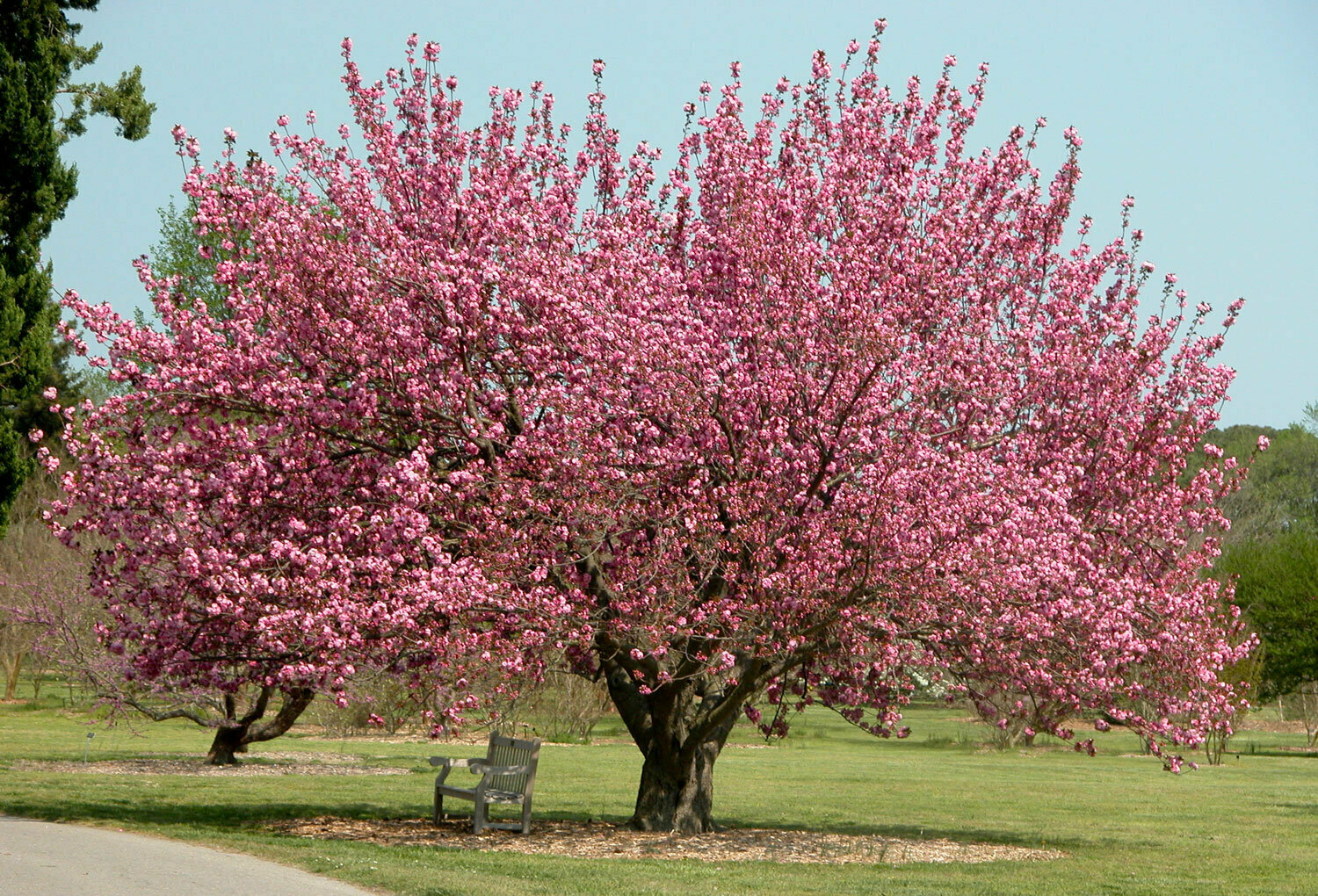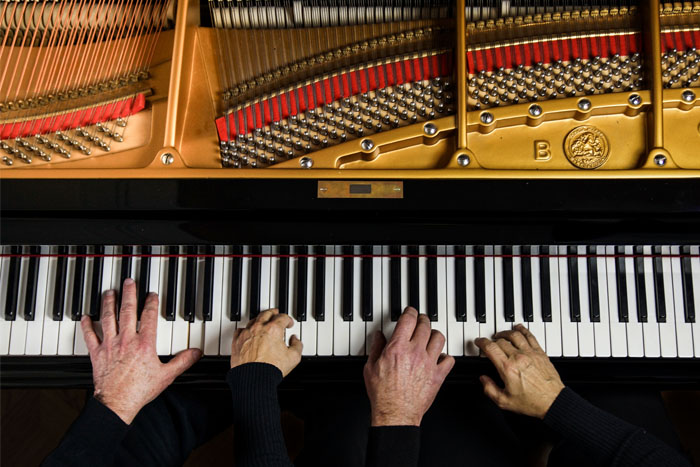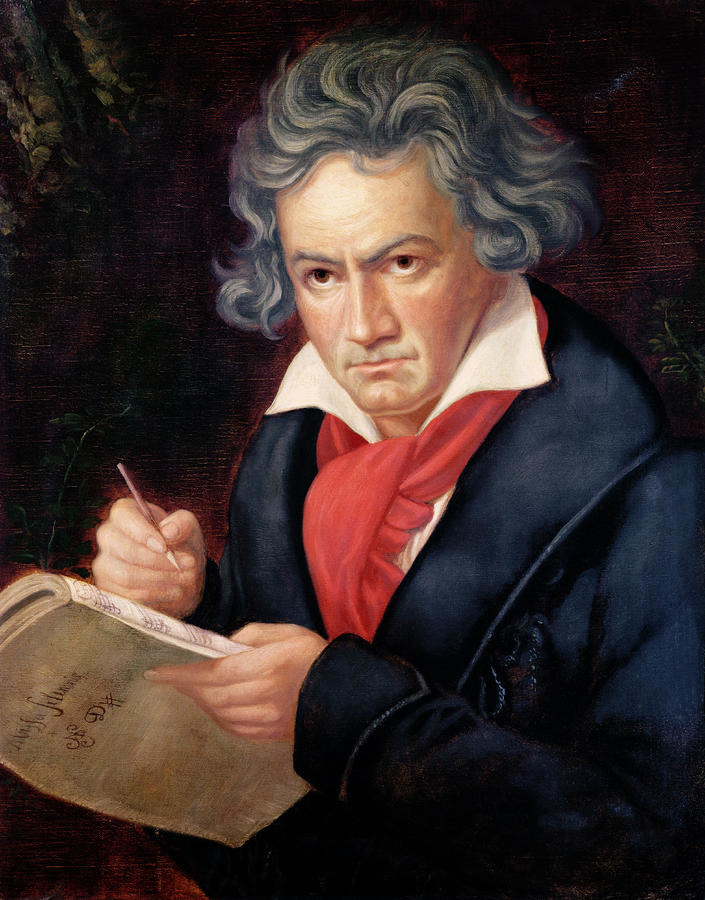When we’re young and in dance class, we’re told to imitate trees – swaying in the wind, bowing down in a torrent of rain or just standing tall in the cold winter sun. Composers are equally inspired; they see trees
Playlists
Music for children has inspired composers from J S Bach to the present day. Bach’s Twelve Little Preludes were included in Wilhelm Friedemann Bach’s Klavierbüchlein, a collection of short pieces for one of Bach’s sons, and intended to help the
The piano duet – four hands sharing one keyboard – was once an important part of musical activity, to be enjoyed at home and in the cultural salons of Europe during the 19th and early 20th centuries, and in more
The Development of Piano Writing on Nocturnes Since John Field The term “Nocturne” or “Notturno” (Italian) was first applied in the eighteenth century to pieces written for string ensemble to be performed at an evening party and then put aside.
Whether you’re a newbie or a lifelong connoisseur, all classical music fans agree: some pieces work better as background music than others…especially when we’re studying! A Mahler symphony is powerful in the concert hall, but in the study hall, its
We have the 3 Bs, The Five, and the Six. They’re all from different countries and cover some 300 years. Do you know who they are? The Three Bs are J.S. Bach (1685-1750), Beethoven (1770-1827), and Brahms (1833-1897). In those
When we think of FIVE in relation to music, all sorts of things come to mind: our five fingers at the piano, the five Russian composers known as The Mighty Handful, and Beethoven’s Symphony No. 5, just for starters. Taking
Songs tell us about all sorts of things: love, the beauty of spring, and all about happiness. But there are lots of songs that just go to the negative. When we look at songs that say don’t, won’t or can’t,








